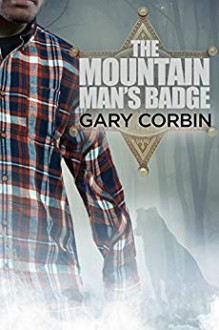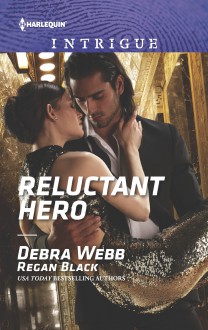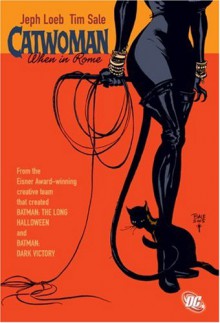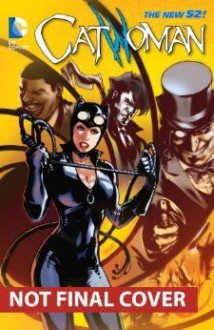
I write this review as a member of Rosie’s Book Review Team, and I freely chose to review an ARC copy of this novel.
This is the first book by this author I’ve read (no, he is not “the” Michael Moore we have all heard about), and I was attracted by the description and the genre. It reminded me of TV series and movies I’d enjoyed, and it delivered on its promise.
I think the description shares enough information for most readers to get a good sense of what the story is about. I guess readers of horror would classify it as “creature” horror, and as I read it, quite a number of titles, mostly of movies and TV series, came to my mind: The Invasion of the Body Snatchers, V, Slither, Star Trek’s The Borg, The Blob, and a novella I read a while back that I thoroughly enjoyed, Broken Shells. Although I love horror, the more I read in this genre, the more I realise I haven’t read yet, and I must admit not having read many in this subgenre, so I am not sure what its usual fans would think, or how original they would find it. As I said, for me it brought to mind some aspects of many movies and TV series I had watched, and it grabbed my attention and kept me reading. Is it scary? It’s creepy, and rather than making one jump or scream, imagining what it would be like to fall victim to these creatures is the stuff of nightmares and it will keep playing in one’s mind.
This book is pretty action driven, with short scenes that keep the story moving, and although like many stories about alien invasion they can be read in a variety of ways, and they seem to pick up on underlying fears (issues of identity, what is true and what is not, what makes us what we are, illnesses and epidemics, the end of the world…), the book does not delve too deep into any of those and it never makes openly acknowledges such connections, or veers into conspiracy theory terrain. It is just what it is, and that’s pretty refreshing.
Although the book follows a number of characters, the two main characters are Conor Mitchell —a man in his early twenties, who loves his car, enjoys his job as a mechanic, has a sort of girlfriend, some family issues, and does not appear to be hero material—, and Percly, the town’s homeless man, who sleeps in a disused train and does not bother anybody. The figure of the reluctant hero is a common trope in literature, and particularly prominent in American Literature, and these two are prime examples of it. They are thrown into a critical situation, and by a fluke of fate, both of them seem to be in a better position than most to fight the creatures. We learn more about them both as the story progresses, and they are fairly likeable, although, as I said, not standard heroes. We get snippets of other characters during the story, but due to the nature of the story, we don’t get a chance to learn much about them, and other than because many of them end up being victims of the events, we hardly have time to feel attached or even sorry for them.
The story is narrated in the third person, from alternating points of view. In fact, this is what most made me think of movies and TV series in this genre when I was reading this novel, because suddenly there would be a chapter where a new character would be introduced, and we would follow them for a while, learning how they feel about things, and perhaps thinking they would become a major player in the story, only for the rug to be pulled from under our feet. Yes, nobody is safe, and like in movies where a murderer picks at characters and kills them one by one, here although some of the characters keep “returning”, and we even peep into the minds of the creatures, we are not allowed to get comfortable in our seats. Readers need to be attentive, as the changes in point of view, although clearly marked, can be quite sudden. Ah, and I must admit the prologue is fantastic. For all the advice on writing books against including a prologue, Moore here clearly demonstrates that when used well, they can drag readers into the story, kicking and screaming, and keep them firmly hooked.
I’ve mentioned the short scenes and the cinematic style of writing. There are no long descriptions, and although there is plenty of creepy moments, and some explicit content, in my opinion the author plays more with the psychological aspects of fear, the fact that we don’t know who anybody is and what is real and what is not, and he is excellent at making readers share in the confusion of the main characters, and in their uncertainty about what to do next. Run, fight, hide? Although there is the odd moment of reflection, that allows readers to catch their breath a bit and also helps fill in some background details about the characters, mostly the book moves at a fast pace, and it will keep lovers of the genre turning the pages.
The ending is particularly interesting. I enjoyed it, and it ends with a bang, as it should, but there is also an epilogue that puts things into perspective, and it works in two ways: on the one hand, it fills in the gaps for readers who prefer a closed ending with everything settled; on the other, it qualifies the ending of the story, putting an ambiguous twist on it. (And yes, I liked the epilogue as well).
All in all, this is an action book, with fairly solid characters who although are not by-the-book heroes are easy to warm to, with a somewhat disorienting and peculiar style of narration that enhances the effect of the story on the reader. I’d recommend it to those who love creature horror, and to people not too squeamish, who enjoy B-series movies, and who love to be kept on their toes. An author to watch.

 Log in with Facebook
Log in with Facebook 









